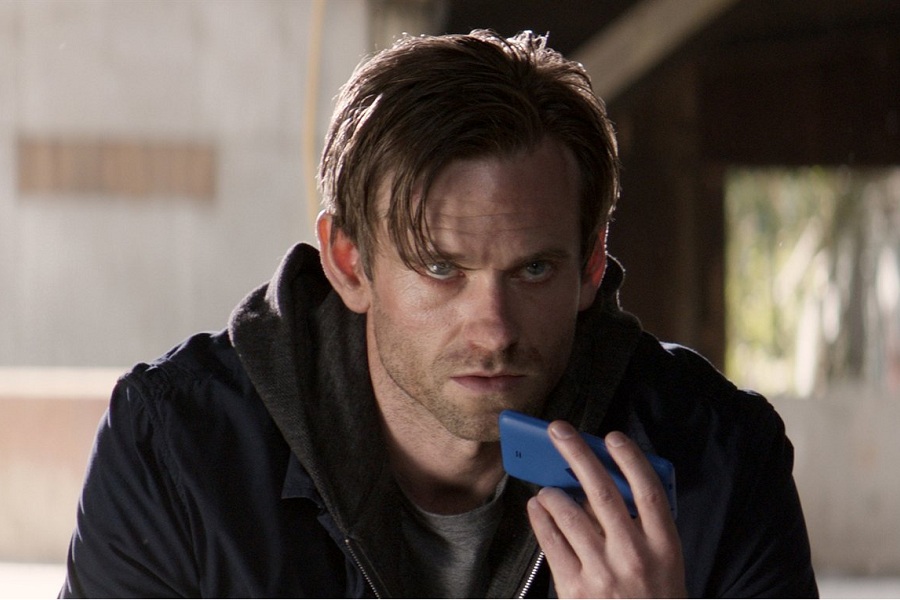What happens when a movie doesn’t care about being good or bad, but places a firm focus on monetary gain due to an established built-in audience? Does that take it out of the realm of criticism? By having no auspices of being judged, merely counting dollars, as opposed to making sense? Stands to reason more than a few people may find themselves fending off such thoughts while watching Fifty Shades Freed. Sometimes a film can cause one to think any myriad of things, simply to distract themselves from whatever’s transpiring on-screen. Surprisingly, in this case at least, that may prove difficult, for as snore-inducing as it may seem, it’s also endlessly fascinating.
Make no mistake about it, this is not a good film. What elements make appear intriguing or worth discussing come from a societal viewpoint, rather than narrative construct. As bad as things may see, the world has come along way since the books were first published.

The tale so far, for those uninitiated, concerns the complicated relationship between Anastasia Steel (Dakota Johnson) and Christian Grey (Jamie Dornan). While Christian may be super handsome and rich, he’s saddled with a sordid past manifesting itself in the form of sexual contracts and a BDSM fetish. Anna, is virtually the opposite, whose strength lies in being the level headed of the two. Freed concerns their post-nuptial world, as Anastasia fights to keep her independence and Christian attempts to mimic human emotions by suppressing possible psychopathic tendencies. Lurking elsewhere, the ostensible villain takes an odd page from action espionage blockbusters. Much like every other obstacle in the film though, his story is summarily dismissed just as quickly as it’s set up. At least he’s treated better than past antagonists, as both Bella Heathcote and Kim Basinger are reduced hereto intimate objects…A gun and a text bubble, respectively.
At the heart of this entry is money, or at least luxury. Not exactly as stimulating as sexual proclivities, on a surface level, but time after time, Freed highlights it as its biggest asset. Whisked away for their honeymoon, Anna asks of a private jet “You own this?” Christian replies without hesitation or thought “WE own this.” It’s followed by a montage for what is likely the most painful of getaway pitches for France, ever. That Anna is given pause by the prospect of a privately owned jet is confusing, since she’s aware of Christian’s stature. It doesn’t come off as naiveté, just bad writing. Any time a scene feels ready to dive into an examination of human frailty, sexuality or gender dynamics, it reverts back to the bling. Those hoping for a film with much depth, need to look elsewhere. Though, why would one expect less from a fantasy?

There’s also the strange case of James Foley. An accomplished director before joining the series, his work here is almost lethargic. Gone are the halcyon days of the offices in Glengarry Glen Ross
. In its place is ice-cream foreplay, with the occasional bit of conversation sprinkled in for good measure. Foley almost balks at the notion of letting any scene play to it’s logical conclusion. 50 Shades Freed cuts away from elements so often, it seems to suffer from multiple personalities. Maybe it stems from filmmaker convinced there’s barely a story here worth telling. That lack of committal kills the few times the action threatens to veer into something that could be described as “lively”.
Should someone attempt to bemoan the logic, continuity or screen-writing flaws, the film seems to counter with “…and?” Rather than ignore ridicule, Freed seems to invite it. Tripe would be too harsh a word to be throw at, for that would tie it to an oversimplification of what constitutes a terrible film. What transpires on screen through an exhausting 100 minutes is often fascinating. Freed doesn’t seem so much misguided, as it does misplaced. A relic of a bygone era, if you will: that of the erotic thriller. Even by those standards, the efforts here seem half-assed. The difference is those films relished in their tawdry ludicrous subject matter, embracing the improbability as if it were a formidable weapon. The motions are gone through, just not much more. A substantial budget doth not good smut make.

So, what’s then to be made of 50 Shades Freed? Is it the worst of the series? Undoubtedly. Is it entirely without merit? To a degree, that’s debatable. On one side this is a film made strictly for fans, wanting to capitalize on the popular book series. On the other hand this is 2018. Any film that looks at women’s empowerment through sexual kinks or independence in a complicated relationship, shouldn’t be hand-waived away. In fact, it should be encouraged. Just maybe in a less scatter-brained, better focused manner. Put plainly: audiences deserve better.



